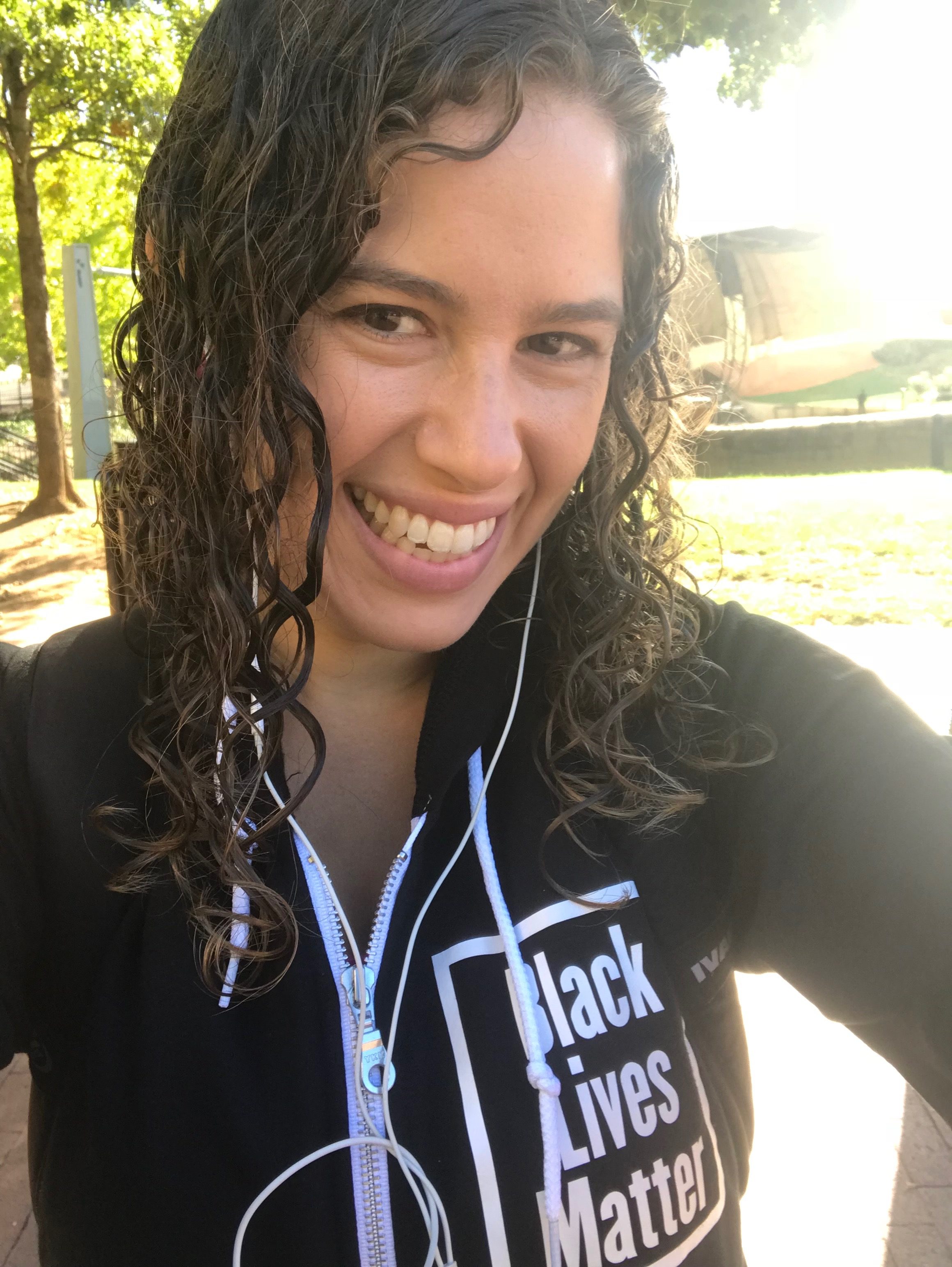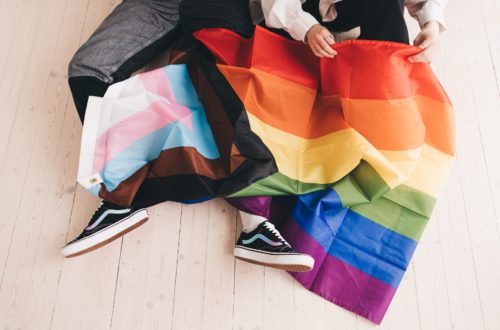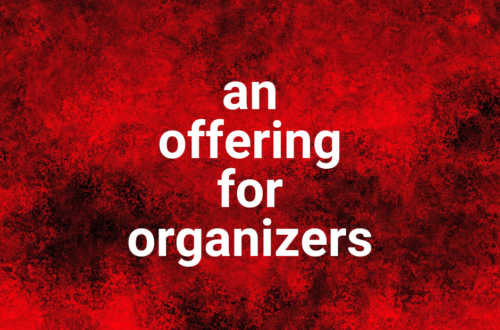Many teenagers love hip hop music, understandably. Dancing, especially to those great beats, helps us loosen up, express ourselves, and celebrate. But all this fun may be at quite a high price. Whether or not the content of popular hip hop music helps or hurts teenagers has been the subject of much heated debate. Granted, the content of hip hop music varies widely. Much of hip hop is decidedly positive and proactive. But the other kind of hip hop—the materialist, drug-promoting, women-degrading hip hop—permeates radio, television and the internet. While it’s hard to demonstrate a direct causal relationship between hip hop and sexual violence, this music most surely negatively affects adolescent sexual health.
This issue is an offshoot of a broader question that frequents psychological and educational debates: Does violence in the media lead to violence by adolescents? James Garbarino, in his book Lost Boys, answers yes, it does. After enumerating the increasing incidents of violence involved in children’s television and video games, he cites studies that show that children’s use of these media accounts for a significant portion of the variance in children’s violence. While exposure to violent media does not cause violence per se, it is one of many major factors influencing children to behave in violent ways. If television and video games have this measurable affect on children, music most likely can promote negative behavior as well.
The connection between music content and listener behavior can be experienced at many parties and clubs. At the Mentors in Violence Prevention training I attended over the summer, we discussed how we would respond if a friend played such denigrating and sexist popular music at a house party. Really? Many of us in the room had been in the exact same situation before and had not said a thing. Why would we complain about such a common occurrence? Why would we deny ourselves the opportunity to dance and party with our friends without causing a fuss? Over time, our initial resistance gave way to a challenging discussion about what it feels like to dance to such music. Even if we try not to attend to the words, we still hear them and feel them. The words affect the way in which we portray our bodies, our sexualities, and our relationships with each other. Like Garbarino found in his study, the lyrics may not be the single determining factor of our behavior or our thoughts, but they certainly are one significant factor out of many. Besides, it can be much more fun to dance to positive, empowering music.
I have to face the popularity and attraction of hip hop directly right now at my job. In my past position as a health education teacher, I made it part of my curriculum to discuss song lyrics openly and to push students to find music that is both positive and enjoyable and popular. But I’m in a very different position this year as one out of several leaders at an afterschool program, and a new staff member at that. As part of our daily routine, the students come to the cafeteria afterschool for a snack before they start their homework. To make the transition fun and casual, we have music playing. And we want them to like the music, so it’s hip hop. However, I’ve noticed over the first few weeks that there are only one or two songs that we play. Does the veteran leader in charge of music pick only songs she considers positive? We haven’t discussed it at all.
Music plays a role in many other aspects of our program as well, so we need more than two songs that we condone! The positive-music CDs I made in my last job are now two years old, so finding the current positive-and-popular music would mean starting the project from the beginning. I need to find a way to discuss the issue with my coworkers—while presenting myself as both discerning and fun-loving! I value joy and dance and celebration, but we cannot compromise values such as respect, peace and health.



Matthew Lowe says:
Hi Mimi: Great post! And very courageous too, discussing the conflict between fun and values. Would any of us actually put a party on hold in order to insist on feminist party music? Probably not, and so this problem/issue/condition continues…. I guess I have nothing constructive to add here, except that I sympathize with the conflict.
Here's my request for another blog post: I wanna hear more about "Besides, it can be much more fun to dance to positive, empowering music." What is positive, empowering music today (not from 2007)? Or, ok fine, what was positive, empowering music in 2007? And what makes it much more fun?
Thanks for a great post and lots to think about.